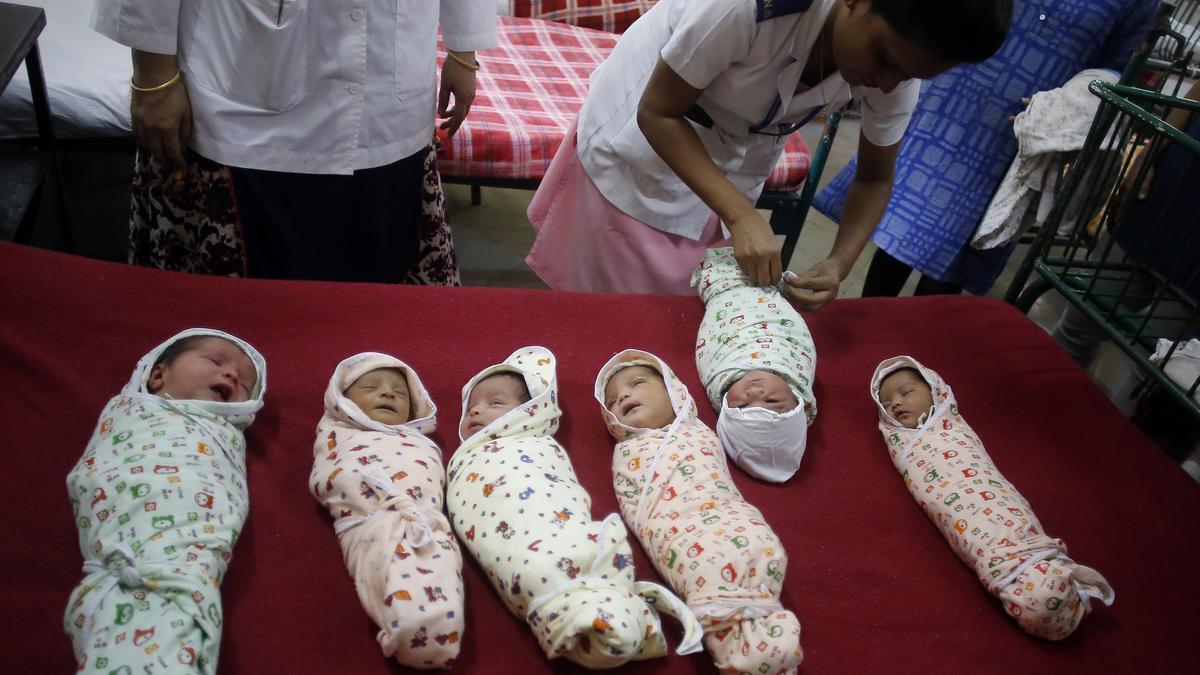Articles for Contraceptives, search results for young
)
2 years, 5 months ago

2 years, 7 months ago

2 years, 11 months ago

3 years, 10 months ago